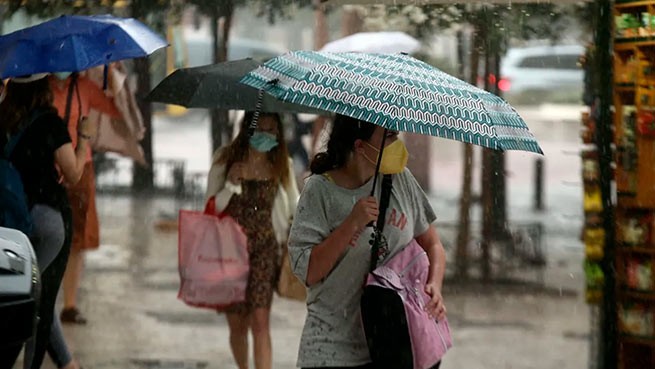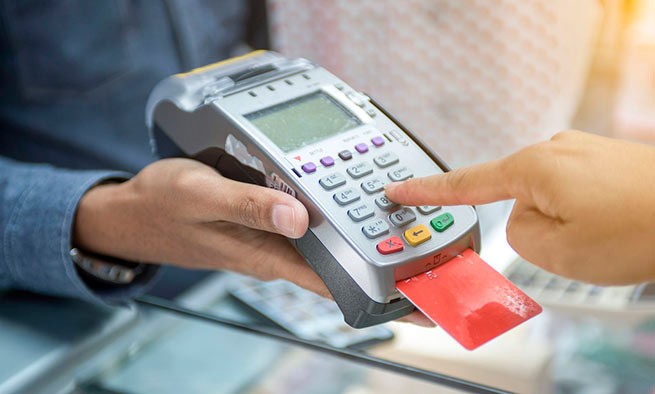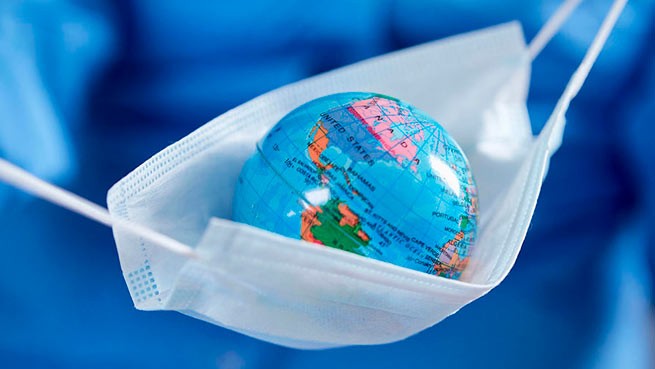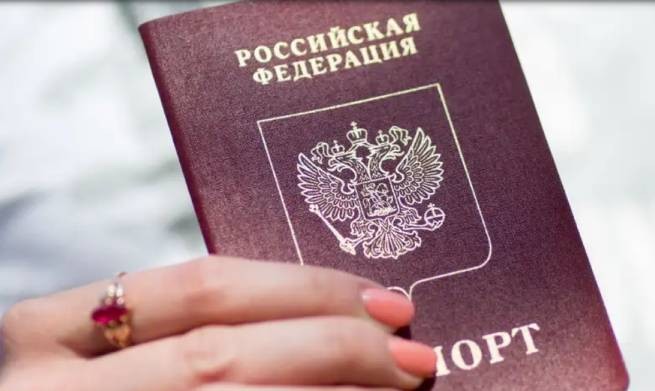One after another, European countries are denying entry to cars with Russian license plates. On September 8, the European Commission published clarifications regarding restrictions on the import and export of goods to/from the Russian Federation. How does this happen in practice?
The EC clarified, as our publication wrote, that banned Cars and some goods are included, regardless of whether they are personal belongings of travelers. The ban also applies to the import of trailers or semi-trailers for the transportation of any cargo, as well as to the transportation and use of yachts. Upon entering EU Cosmetics, leather and fur products, cameras, suitcases, equipment, semi-precious and precious stones may also be confiscated from citizens of the Russian Federation.
So what should Russians expect at the EU borders? The European Commission gave a clear answer: you cannot enter with your own car. And regarding other personal items on the sanctions list, Brussels “relies on common sense,” writes D.W. More information has appeared, but the European Commission does not name a specific reason for publishing these clarifications right now; they say that this is a routine process: “The publication of such additions is part of the overall work.”
It is now absolutely clear that Russian citizens cannot enter the EU by car, as confirmed by EC spokesman Daniel Farry at a briefing and in a conversation with a DW correspondent. “If you are a Russian citizen and you are driving your car into the European Union, then you cannot enter this car,” he said. Penalties against Russia must be respected by EU countries. Will the car be confiscated? The European Commission replies that there are no such regulations:
“The EU import ban states that goods included in Annex XXI cannot be imported into the European Union. The implementation of EU sanctions rests with member states.”
That is, the main thing is to prevent the import of a car into the territory of an EU country, and the European Commission does not specify how to do everything else. Will they be punished for the import of other things defined by sanctions? It’s hard to imagine traveling without some of them – without suitcases and travel bags, women’s and children’s clothing, shoes and smartphones, hygiene items.
An EC spokesman explained that the clarification published on September 8 only applies to cars. Of all the personal items on this list, these are the ones that hold the most value. Other sanctioned goods at the border should not be treated as harshly, noted Daniel Farry:
“Clothing worn by a person crossing a border is unlikely to be intended to circumvent EU sanctions. I think this is common sense. It is a very different situation than with an expensive car, and I think this is taken into account when countries apply sanctions.” members of the European Union.”
He recalled that EU sanctions are aimed at depriving the Kremlin of income to finance the war, it is necessary to ensure their effectiveness and the impossibility of circumvention: “When it comes to valuable goods, for example, cars, strict compliance with the sanctions is required.” Farry noted that this is one of the reasons why the EC updated its recommendations for their use on September 8. Its task is to ensure uniform implementation of punitive measures throughout the EU.







More Stories
Paris: wild clashes between police and "black" block
Modern Germans are far from the most hardworking in Europe
Georgia: Opposition leaders were brutally beaten by security forces (video)